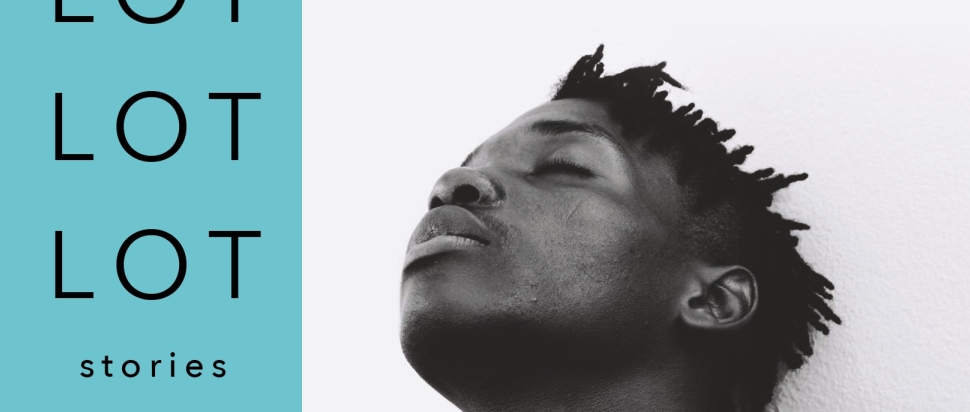I've been lucky enough to read a great amount of books this year. A
lot have been reviews by request, and the rest either I've wanted to read for
ages or recommendations I've had from Twitter and Instagram. In a first for me,
there are more non-fiction books on the list for this year than all my previous
years of reviewing put together.
As close to chronological order of my reading them, they are below:
1) The Other You, S. J. Monroe
2) The Widows' Club, Amanda Brooke
3) Carbon Game, Miles Montague
4) Travellers in the Third Reich, Julia Boyd
5) The Hidden Girl and Other Stories, Ken Liu
6) Surge, Jay Bernard (poetry)
7) The Treadstone Resurrection, Joshua Hood
8) Second Sister, Chan Ho-Kei
9) LOT Stories, Bryan Washington
10) Everything Is Going To Be K.O, Kaiya Stone
11) Vagabonds, Hao Jingfang (Translated into English by Ken Liu)
12) The Queen's Choice, Anne O'Brien
13) Before I die, Jenny Downham
14) The Amber Keeper, Freda Lightfoot
15) The Lost Art of Keeping Secrets, Eva Rice
16) The Beekeeper of Aleppo, Cristy Lefteri
17) The Sideman, Caro Ramsay
18) The Beauty Chorus by Kate Lord Brown
19) Why I'm No Longer Talking To White People About Race, Renni Eddo-Lodge
20) White Fragility, Robin DiAngelo
21) Natives: Race and Class in the Ruins of Empire, Akala
22) How To Be An Antiracist, Dr Ibram X. Kendi
23) Brit(Ish), Afua Hirsch
24) Girl, Woman, Other, Bernadine Evaristo
25) Queenie, Candice Carty-Williams
26) On This Day In History, Dan Snow
27) Life On The Refrigerator Door, Alice Kuipers
28) Christmas Cakes & Mistletoe Nights, Carole Matthews
29) Textbook Amy Krouse Rosenthal
30) Sepulchre, Kate Mosse
31) Skincare, Caroline Hirons
32) The Hen Who Believed She Could Fly, Sun-Mi Hwang
33) Another Time, W. H. Auden
34) On Writing, Stephen King
35) The Call Of The Wild, Jack London
36) The Happy Prince and Other Stories, Oscar Wilde
37) The Wizard of Oz, Frank L. Baum
38) Rip Van Winkle and Other Stories, Washington Irving
39) Alice In Wonderland, Lewis Carroll
40) Through The Looking Glass, Lewis Carroll
41) Normal People, Sally Rooney
42) The Railway Children, E. Nesbit
43) Robinson Crusoe, William Defoe
44) The Lost World, Sir Arthur Conan Doyle
45) The Three Musketeers, Alexandre Dumas
46) A Little Princess, Frances Hodgson Burnett
47) The Secret Garden, Frances Hodgson Burnett
48) Hurting Distance, Sophie Hannah
49) On The Come Up, Angie Thomas
50) Playdate, Alex Dahl
51) The Englishman, David Gilman
52) The Puritan Princess, Miranda Malins
53) Set My Heart To Five, Simon Stephenson
54) CrimeDotCom, Geoff White
55) Son of Escobar, Roberto Sendoya Escobar
56) The Interpreter from Java, Alfred Birney
57) Even If We Break, Marieke Nijkamp
58) The Marriage of Innis Wilkson, Lauren H. Brandenburg
59) Psychiatrist In The Chair, Brendan Kelly and Muiris Houston
60) Number 10, C. J. Daugherty
61) Saving The World, Paola Diana
62) The Salt Path, Raynor Winn
63) My Sister’s Bones, Nuala Ellwood
64) The Underground Railroad, Colson Whitehead
65) A God In Every Stone, Kamila Shamsie
66) Black and British, David Olusaga
67) Saving Mona Lisa, Gerri Chanel
68) Last Flight To Stalingrad, Graham Hurley
69) The Starless Sea, Erin Morgenstern
70) Kiss Me At Christmas, Susan Mallery
Lockdown and being on maternity leave has certainly helped with giving me lots of time to read! See the next blog post for my top ten.















